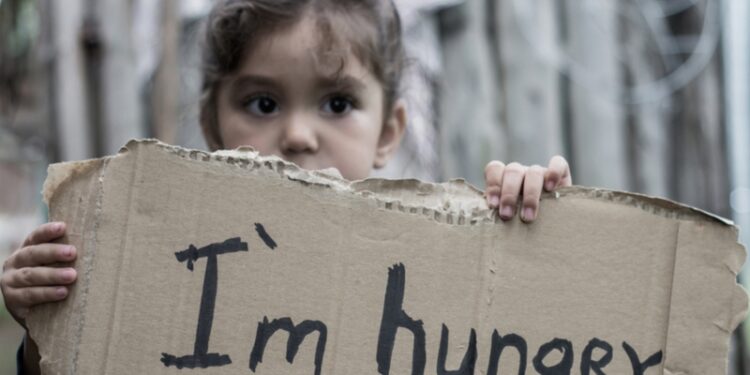2024 Global Hunger Index Report Calls for Urgent Policy Reforms to Address Hunger and Climate Resilience
The 2024 Global Hunger Index report, titled “How Gender Justice Can Advance Climate Resilience and Zero Hunger,” has issued a clarion call to governments worldwide, urging them to align climate, nutrition, and food systems policies with human rights obligations and international law. The report stresses the imperative for equity and justice as fundamental principles in addressing global hunger and climate challenges.
Strengthening Legal Accountability for the Right to Food
The report advocates for a robust legal framework that upholds the right to adequate food, particularly in disaster and conflict situations. It emphasizes that states must formalize these rights through comprehensive legislation, underpinned by transparent monitoring and accountability mechanisms. Furthermore, the report calls for the establishment of early warning systems linked directly to responsive political action and emergency funding.
In the context of armed conflict, it highlights the need for enhanced documentation and reporting mechanisms regarding the use of starvation as a weapon of war. Stakeholders must promote compliance with international humanitarian laws and support judicial actions against violators, ensuring the full operationalization of UN Resolution 2417 aimed at protecting civilians.
Advancing Gender-Transformative Policies
A key recommendation is the promotion of gender-transformative approaches within food systems and climate policies. Policymakers are urged to recognize the intricate interplay of gender dynamics, socioeconomic factors, and vulnerabilities affecting food security and climate resilience. The report insists on the representation and leadership of women and marginalized groups in decision-making processes, reinforcing the need for inclusive governance structures.
Integrating gender considerations into policy frameworks is deemed crucial. The report encourages governments to update their Nationally Determined Contributions (NDCs) and National Adaptation Plans (NAPs) to prioritize equity, inclusivity, and rights-based approaches, alongside recommended practices such as gender budgeting and social audits.
Investment Strategies for Justice and Resilience
On the financial front, the report calls for significant investments that integrate gender, climate, and food justice. It emphasizes the necessity of redistributing public resources to rectify structural inequalities and ensure gender-equitable access to opportunities. Investment in sectors such as education, health, and rural development is deemed essential to challenge discriminatory norms and promote fair labor distribution within communities.
Moreover, development partners and governments are encouraged to harmonize policies across sectors and invest in climate-resilient food systems. Addressing the growing debt crisis in low- and middle-income countries is a critical concern, with the report advocating for debt restructuring linked to the realization of the right to food and the achievement of the Sustainable Development Goals.
Finally, the report urges donor countries to fulfill commitments to increase development funding to at least 0.7% of GDP, alongside providing climate support in the form of grants aimed at empowering vulnerable communities. Establishing a small-grant window within the newly created Loss and Damage Fund for affected groups is also recommended to facilitate local climate action.








